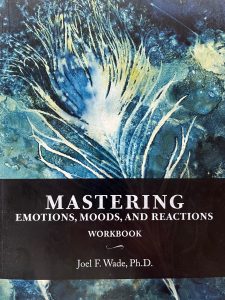When we think of what we’ll be like ten years from now, most of us imagine that we’ll be just like we are now. Yet when we look back ten years, we’re usually different than we were then.
We’ve learned from experiences, dealt with some hardship, maybe suffered some loss, triumphed in some things, been delighted by epiphanies, and came to understand some things we had not understood before.
If there is something we won’t do now because we “learned it the hard way,” if we have things that we regret having done that we would never ever do again, we can thank our younger self for learning that lesson for us – so we don’t have to keep re-learning it, and suffering over and over again like some cruel Groundhog Day remake.
Of course we are different today than we were ten years ago – unless we’ve removed ourselves from any experience of living. Life is a continual anti-entropy endeavor. If we don’t expend energy to create order, the natural tendency of things to move toward disorder takes over.
If we don’t mow the lawn, the lawn becomes a growth of weeds; if we don’t use our bodies in some kind of physical activity, our bodies begin to break down; if we don’t use our minds to learn and think about new things, our minds will become less active and effective.
If we don’t grow and learn and change our behavior over time to adapt to what we learn, we will become stuck in a rut, passively holding on to the familiar while the world carries on without us.
We all must succumb to entropy to some degree of course, but we also all experience things, and learn, grow, and change as a result.
We will be different in ten years than we are now. That’s a fact of life. The question is, how will we be different; and will we be different mostly as a result of events, or through conscious choice?


Recent Comments